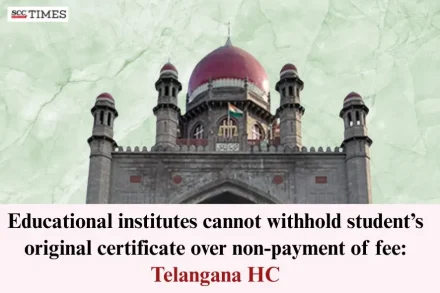
Educational institutes cannot withhold student’s original certificate over non-payment of fee: Telangana HC
“There is no lien on the certificate of the students since the certificate of the student is his/her property.”

“There is no lien on the certificate of the students since the certificate of the student is his/her property.”
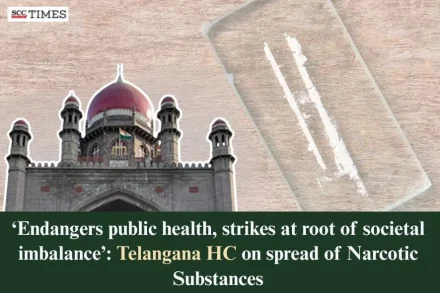
“Public health and safety form an essential part of the constitutional vision under Articles 21 and 47 of the Constitution of India.”
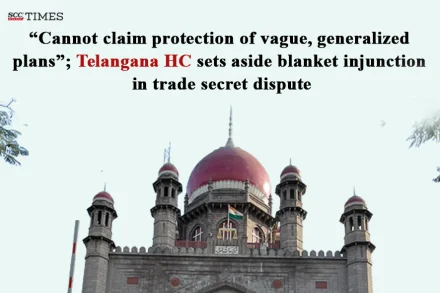
“The impugned order is thus not only vague but draconian and contrary to a party’s constitutional and legal right to carry on any trade or business.”
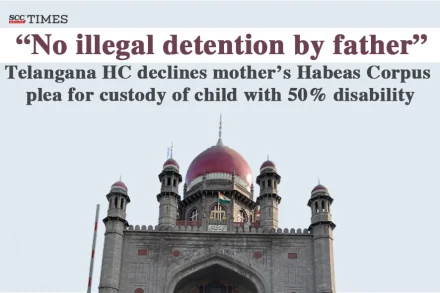
Photographs placed before the Court disclosed that the minor child was in safe custody of his father
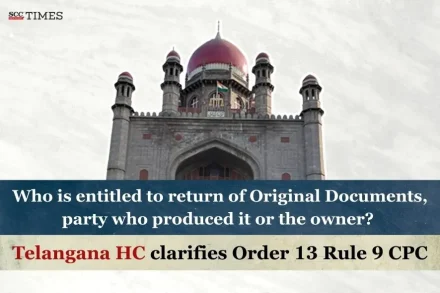
The petitioner had averred that the intent of Order 13 Rule 9 of the CPC is to ensure that documents, once they have served their purpose in litigation and are no longer required by the Court, should be returned to their rightful owners.
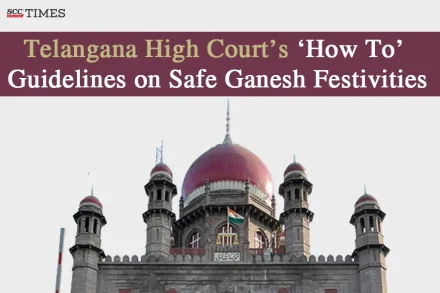
Pandals must not block traffic or access to emergency exits and hospitals. Their registration was made mandatory, with an emphasis on using eco-friendly idols. The use of sound systems after 10 PM was restricted, and organizers were instructed to keep the volume at an appropriate decibel level.
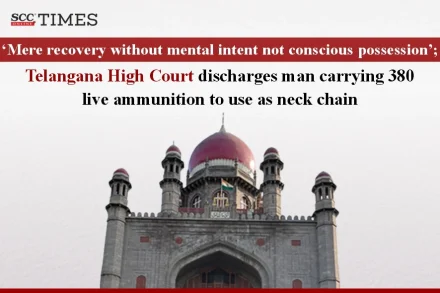
“The essential requirement to constitute an offence under the Arms Act is the existence of mens rea, i.e., knowledge of such possession or control over the firearm or ammunition, even in the absence of actual physical possession.”
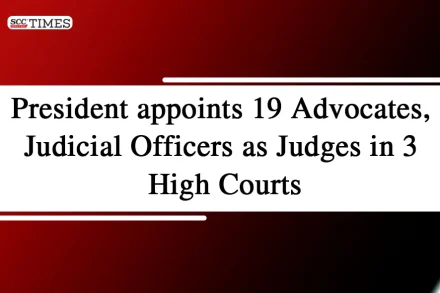
In a press note issued by the Ministry of Law and Justice, the President appointed 19 Advocates and Judicial Officers as Judges and Additional Judges in Gauhati, Madhya Pradesh and Telangana High Court.
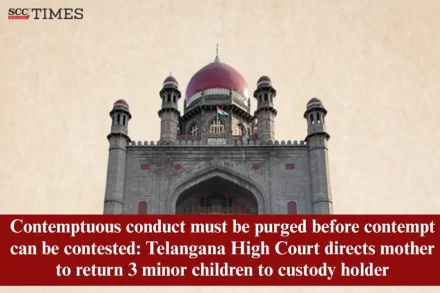
In contempt of a custody order of the Court, the alleged contemnor had taken the children from Hyderabad to Bhopal without the permission of the contempt petitioner.

“Even if there is an iota of doubt as to the sanctity of the procedure or the correctness of the evidence, the accused should be given an opportunity to disprove the earlier test result”
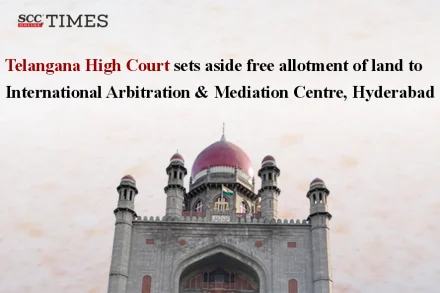
The possession certificate was issued in IAMC’s favour before formulating and communicating the terms of allotment. The Court stated that such hasty decisions do not bode well and often result in exercise of power contrary to the procedure.
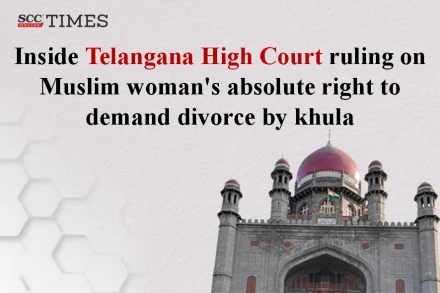
Wife’s proposal for Khula takes immediate effect upon the demand being made, provided that the matter remains within the private, non-adjudicatory realm of the parties.
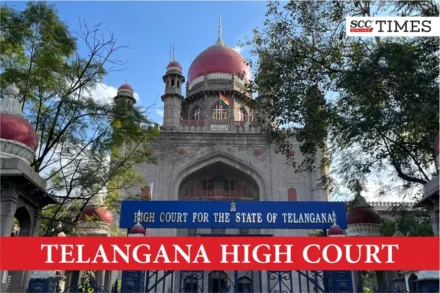
The open spaces, being exposed and outside the inner measurement of a residential unit, shall be excluded from total built-up area computation. If after excluding these spaces the residential unit’s built-up area remains within 1500 sq.ft., the assessee is eligible for tax deduction under Section 80-IB.
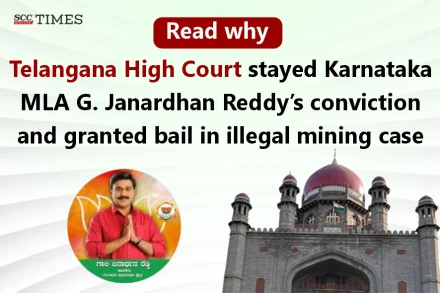
This Court has the power to suspend the sentence and conviction and grant bail to the petitioner after recording reasons and this Court, being the appellate court, has to consider irreversible consequences.

“The ad-interim ex-parte injunction is not only unreasoned but also does not specify the time period during which it would be in force.”
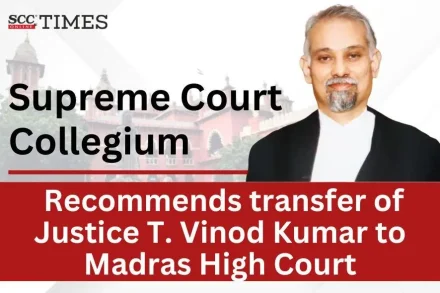
Justice T. Vinod Kumar was appointed as Judge of the High Court for the State of Telangana, Hyderabad and sworn-in on 26-8- 2019.

“We find the conduct of HMDA not only to be in blatant disregard of the law but also evincing desperation to avoid the processes of law by pushing back their obligation to make payment to CEL by filing one vexatious proceeding after another.”
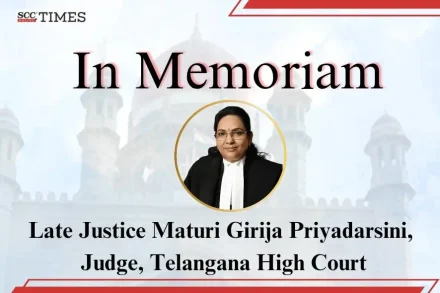
Late Justice Priyadarsini, who started her legal career in 1995, passed away on 4-5-2025, She was due to retire in 2026.

The petitioner-student herein had allegedly exposed the incident of food poisoning that took place at NMIMS earlier this year.

“Viewed from any angle, the alleged statement made by KTR Rao would not fulfill the requirements under Section 353 (2) of BNS. Furthermore, there is no mens rea creating or promoting enmity, hatred or ill-will between different classes of people”